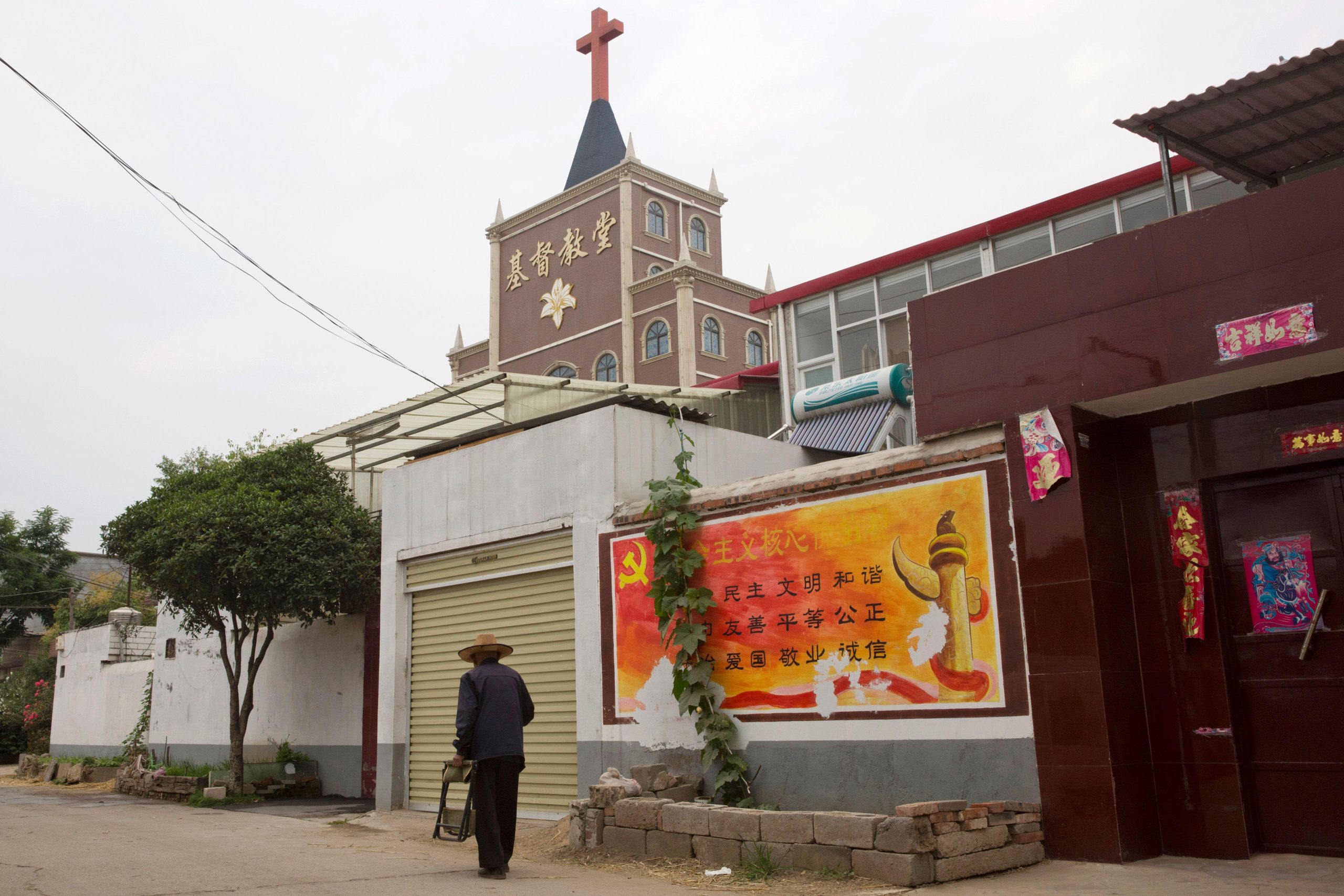There is only room for one god in China and that god is Xi Jinping. This message was delivered with force earlier this month when more than 30 pastors and churchgoers in cities across the country were arrested. Most were from the Zion Protestant Church. Chinese law requires Christians to worship at one of two officially recognised churches: the Chinese Patriotic Catholic Association and the Protestant Three-Self Patriotic Movement. The Zion Protestant Church is not one of them. Instead, it’s a dominant unofficial church, which has risen in popularity as an alternative to the tightly controlled official ones.
China has a complicated relationship with Christianity. The faith came to the country in the Tang dynasty (618-907) and courtesy of Western imperialism firmly established itself during the 19th century. For Mao Zedong religion was “poison” and was a top priority to wipe out during the Cultural Revolution. Except nothing quite drives conversion like repression. And so Christianity survived. Then it flourished after Mao. Christianity has grown faster in China than anywhere else in the world over the last half century. According to Chinese official data 44 million people are members of official churches. The true numbers are probably much higher, some say as many as 130 million, and others even more. Certainly there are more people who now belong to a Christian church than to the Chinese Communist Party.
I’ve interviewed scores of Chinese Christians, for Index and beyond. Of the Hu Jintao era just before Xi, they spoke to me of repression yes, a ban on proselytising for example, and of general social disparagement. And yet they could largely practise their faith free from fear or interference. The Chinese government even expressed interest in some aspects of Christianity, such as the Alpha Marriage Course which was seen as useful to counter rising divorce rates.
That all changed when Xi came to power
The faith’s transnational nature, its ability to unify people and of course the number of members made it both a threat and a target for repression. By the end of Xi’s first year in power, Christian apps had been banned, crosses ripped off churches and some places of worship fully demolished. As for the practitioners, in 2014 a leading pastor was arrested and jailed for 12 years.. He was Zhang Shaojie, who led the Nanle County Christian Church.
Xi later called for the “sinicisation” of religion and introduced regulations to force official churches to demonstrate loyalty to the CCP. Portraits of Xi were hung in churches, sometimes in place of religious images. Surveillance cameras were installed too, congregants closely watched from the altar. More people were detained, including prominent pastor Wang Yi, jailed for nine years.
Prior to his arrest Wang said the CCP had waged “a war against the soul”. Today that war has scaled, and not just in terms of the latest arrests. There have been other detentions this year, stories of house church raids are common and new guidance seeks to prohibit online sermons conducted by unlicensed groups.
A well-known Chinese idiom – “kill the chicken to scare the monkeys” – is being referenced by China’s Christians today. They fear the Zion Protestant Church is the chicken and the state will come after the monkeys who don’t quit the faith.






